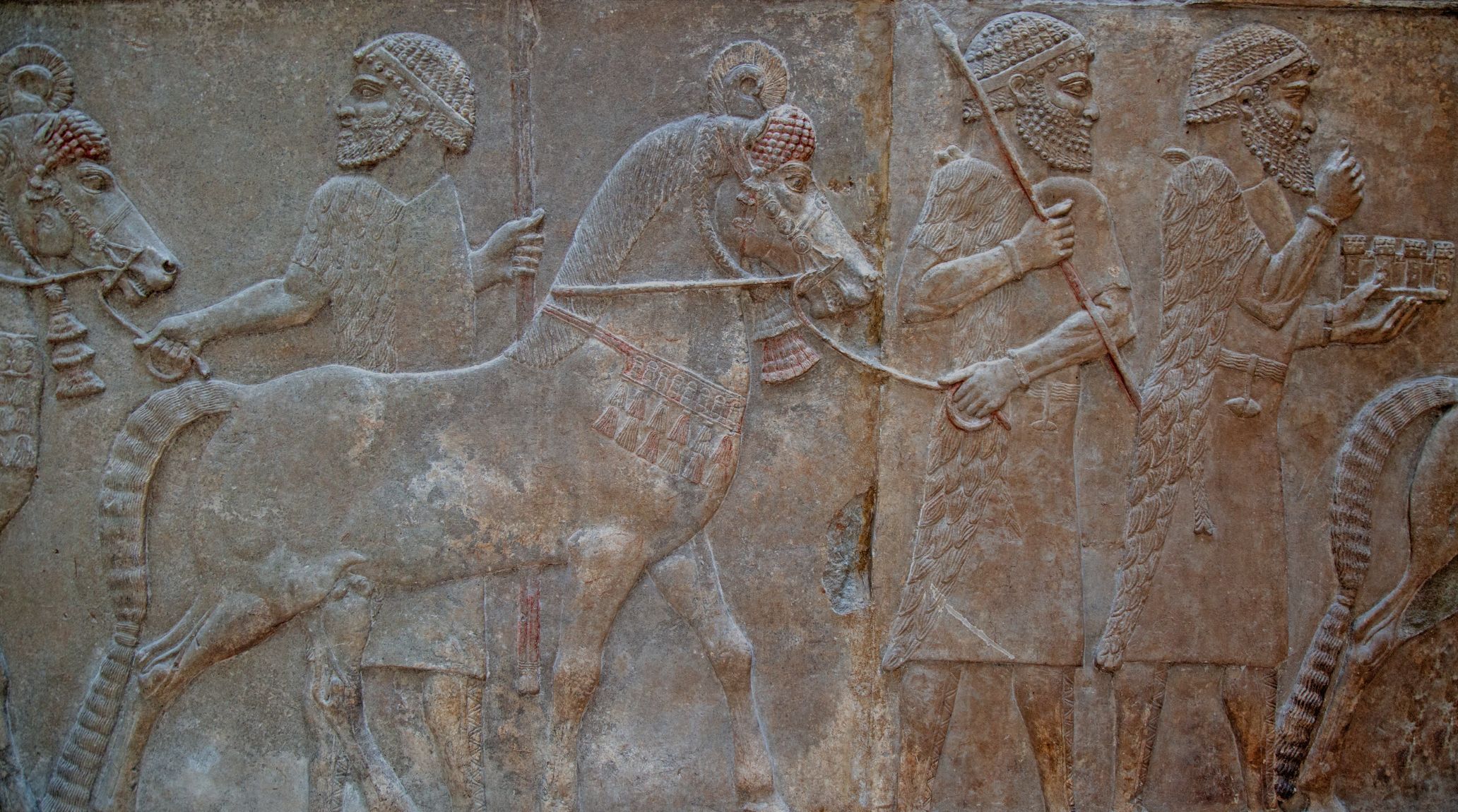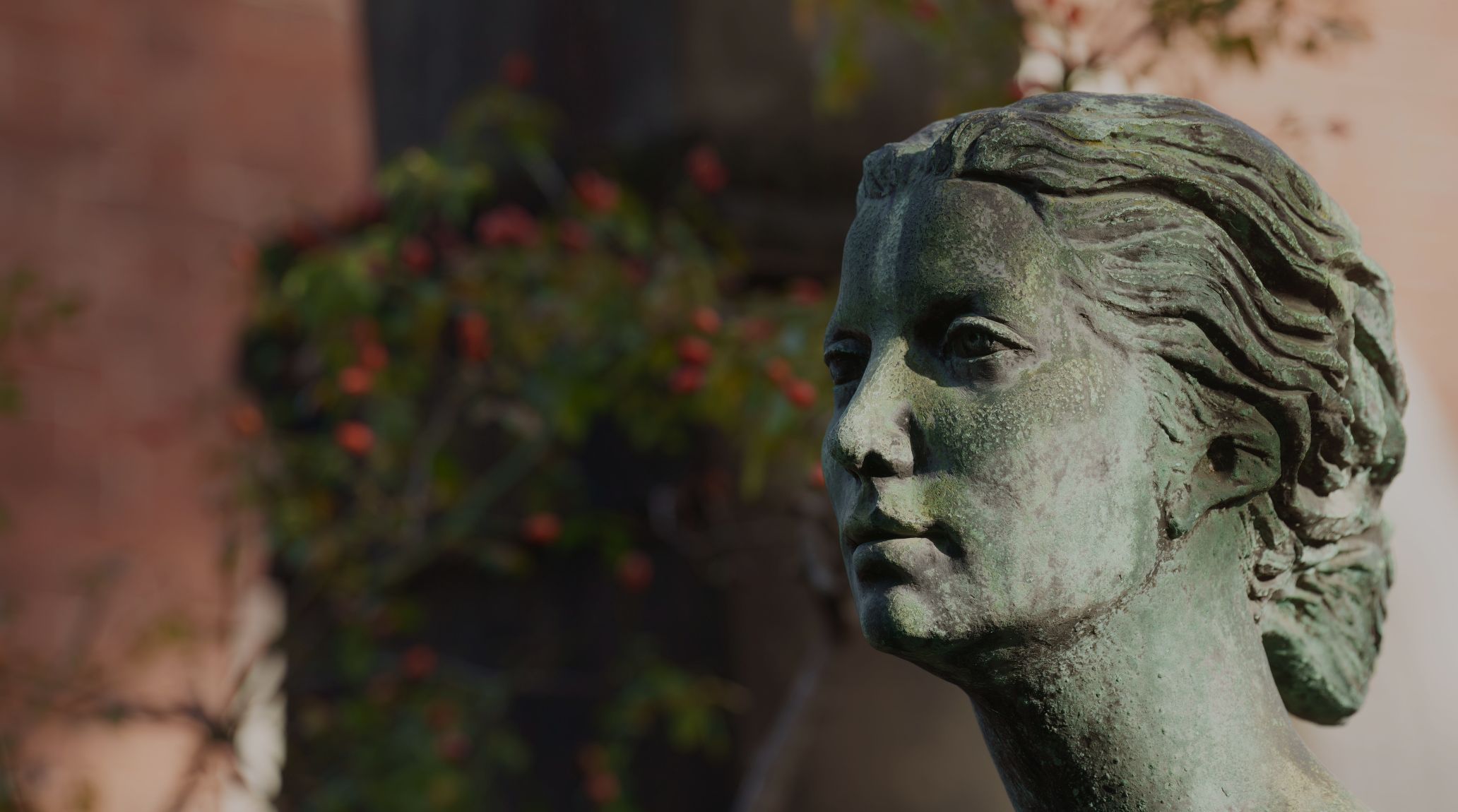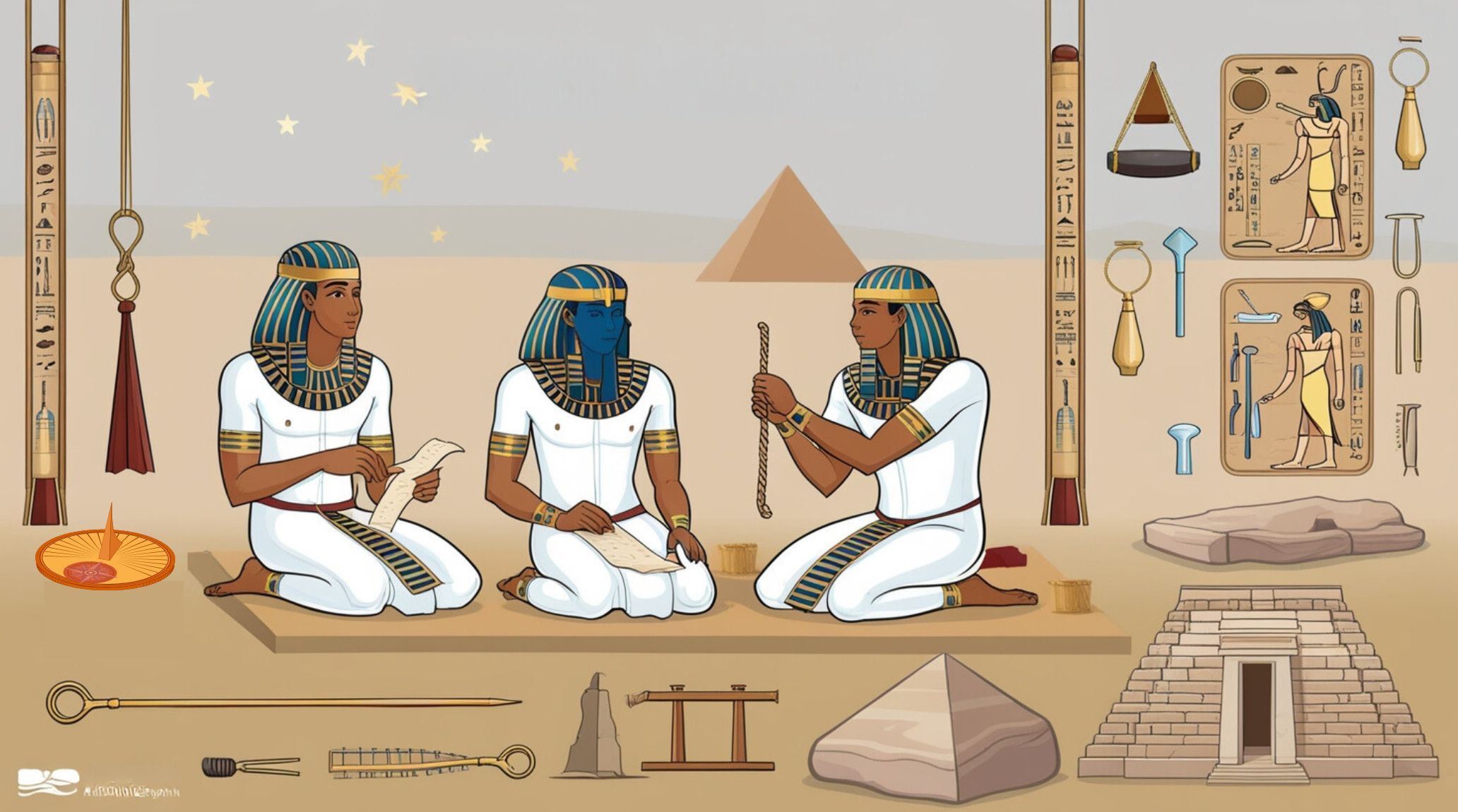
“
Ancient Egypt is renowned not only for its grand pyramids and majestic monuments but also for its profound contributions to science and technology. In this article, we delve into 20 fascinating facts about these remarkable innovations.1
1
”
Ancient Egypt is home to a vast array of monuments and antiquities, reflecting its profound influence on both ancient and modern cultures. This civilization made significant contributions in language, mathematics, and architecture. 1
While writing itself predates the Egyptians, the ancient Egyptians invented paper and ink, fundamental to modern writing. They created a precursor to paper known as papyrus, made from the reeds growing along the Nile. 2
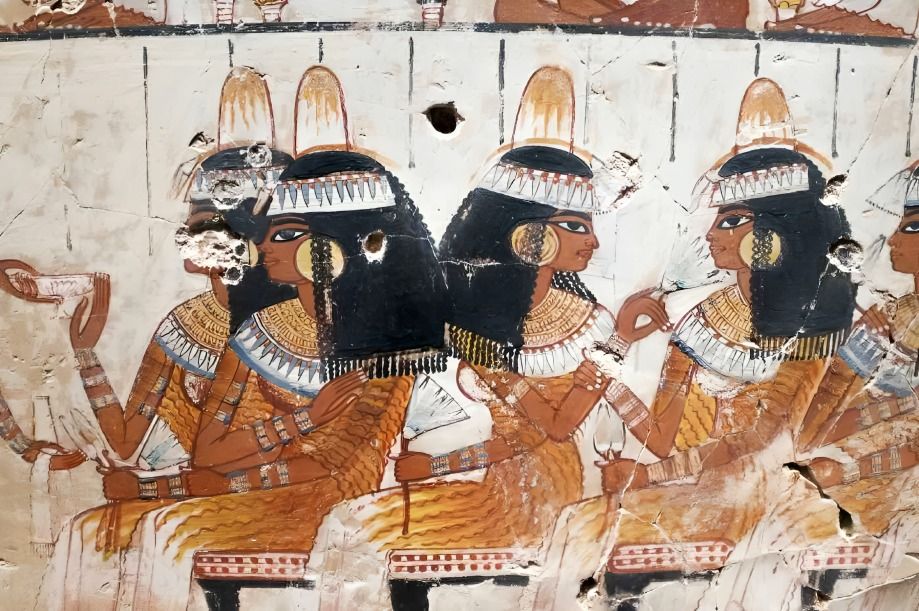
Ancient Egyptians pioneered the use of makeup and wigs, employing them for both aesthetic and practical purposes. They used natural minerals and oils to create vibrant cosmetics, enhancing their features and protecting their skin from the harsh sun.
The Egyptians created hieroglyphics, a complex system of pictorial writing. This script was used in religious texts, monuments, and administrative records, leaving a rich legacy of their culture. 3
The shaduf, an early irrigation tool, allowed Egyptians to lift water from wells and canals. This device improved agriculture by enabling effective water distribution to crops and supporting the growth of surplus yields. 4
Ancient Egyptians invented one of the earliest timekeeping devices, the water clock, which measured time through the flow of water. It was used for various purposes, including religious ceremonies. 5
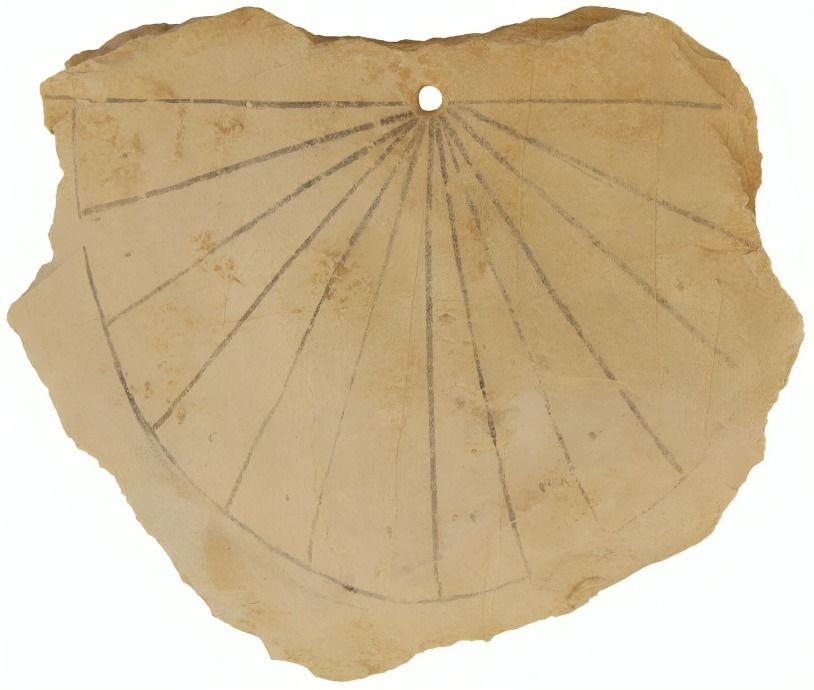
They developed the sundial, an ingenious instrument that used the position of the sun's shadow to measure time. This innovation played a crucial role in regulating daily activities, ensuring that tasks were completed in a timely manner.
The Egyptians created one of the earliest forms of toothpaste using abrasive ingredients like crushed bones and powdered stones. It was used to clean and maintain dental hygiene. 6
Ancient Egyptians were pioneers in medicine, using herbal remedies and surgical techniques. They documented their medical knowledge in texts such as the Ebers Papyrus. 7
They advanced metalworking techniques, including smelting and alloying metals like copper and gold. This innovation led to the creation of intricate jewelry and tools, as well as stronger weapons. 8
Egyptians excelled in engineering, particularly in constructing monumental structures like the pyramids and temples. Their advanced techniques and knowledge of geometry were crucial to their architectural achievements. 9
They developed the practice of mummification to preserve bodies for the afterlife. This elaborate process involved removing internal organs, treating the body with preservatives, and wrapping it in linen. 10
Egyptians invented various farming tools, including plows and sickles, which improved agricultural efficiency. These tools helped cultivate crops and manage fields effectively, leading to higher yields. 11
They used advanced geometry in construction and land surveying. Their knowledge facilitated the precise alignment and measurement of architectural projects, including pyramids and temples. 12
The Egyptians invented the use of columns and capitals in architecture, which became fundamental elements in the design of their temples and palaces. This innovation influenced later architectural styles. 13
Egyptians created complex perfumes using natural ingredients like flowers, spices, and resins. Perfumes were used in religious rituals, personal grooming, and as offerings to the gods.14
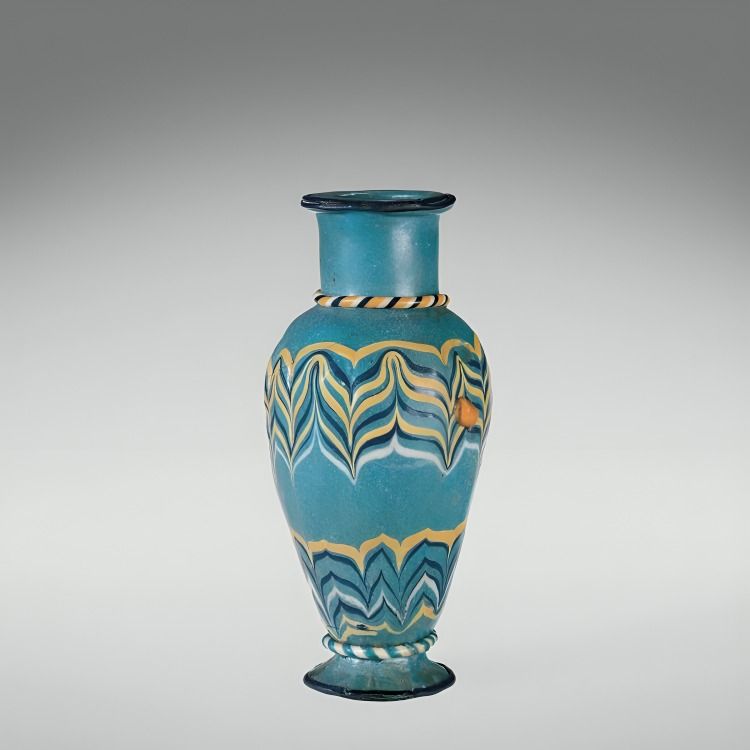
They were early innovators in glassmaking, producing beads and small glass objects. This technology laid the groundwork for the development of more advanced glass products in later civilizations.
The ancient Egyptians developed a system of mathematics that included basic arithmetic, geometry, and algebra. Their mathematical knowledge was applied in various fields, including architecture and astronomy.15
They invented various fishing tools, such as fish traps and nets, which improved their ability to catch and process fish. These tools supported their diet and trade. 16
Ancient Egyptians pioneered the lock and key system for securing homes and buildings, enhancing personal security. They also established early forms of policing to maintain order and protect their communities. 17
